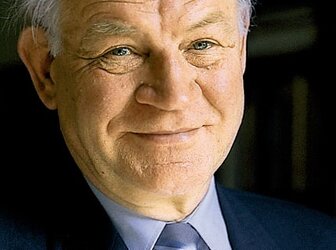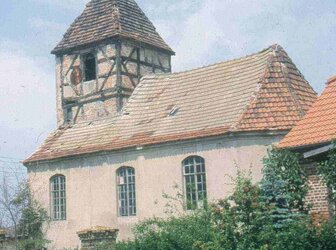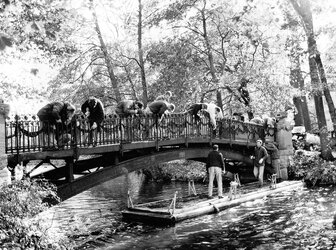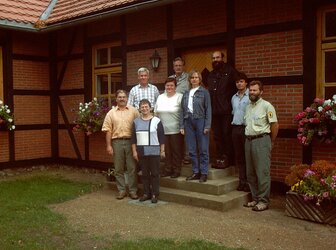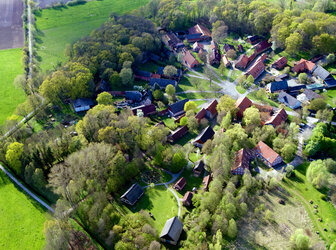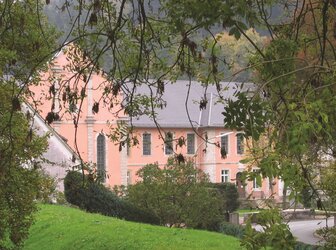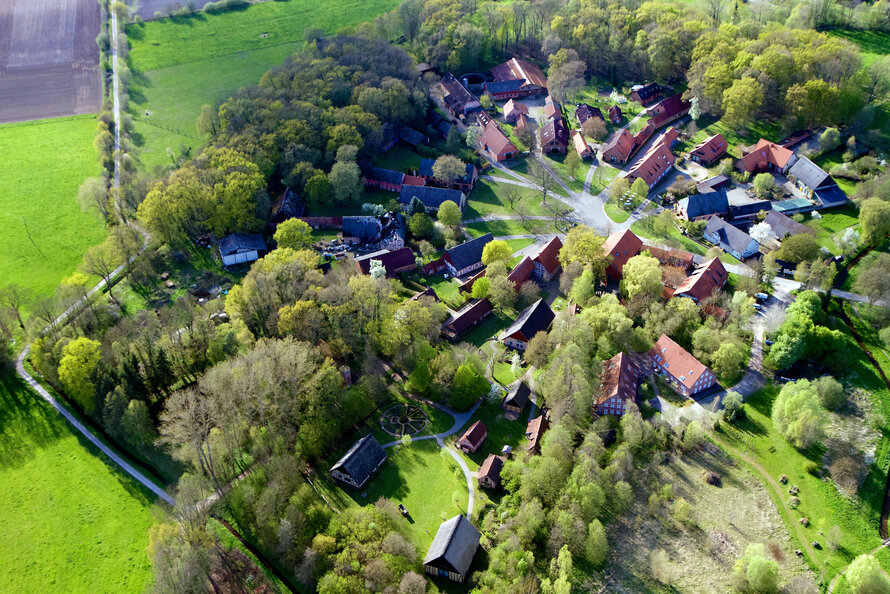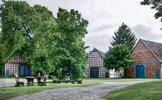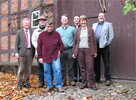The "Rundlingsverein e.V." Association
The voluntary organisation "Rundlingsverein" was created in 1969 by ordinary citizens alarmed by the gradual disappearance of this early medieval settlement form. Rundling villages are amongst the earliest planned rural settlements in Europe, and only 95 remain in the world, all ...
Read more
Project details
| Title: | The "Rundlingsverein e.V." Association |
|---|---|
| Entr. year: | 2015 |
| Result: | Grand Prix |
| Country: | Germany |
| Town: | Jameln |
| Category type: | organisation |
| Architect / Proj.leader: | Dedicated service by individuals or organisations |
| The Jury's citation: | "In the current economic climate, cultural institutions are becoming increasingly dependent on voluntary help. The Jury regarded Rundling Association as an exceptional example how this process can succeed. It was most impressed by the commitment and strategic vision of successive generations of unpaid volunteers who have worked to save these fascinating medieval settlements and their structured planning system from disappearance, revitalizing them as thriving communities. Their creation of the state of the art Wendlandhof Museum and its informative visitor experience has been crucial for public understanding of the rarity of these historic clusters. These are certainly special places. The unusual plan of the Rundling villages and their rural architecture create a unique cultural landscape, convincing the Jury that they are worthy of support in their bid for World Heritage Status." |
| Web, Links: | www.rundlingsverein.de/ |
Description:
The voluntary organisation "Rundlingsverein" was created in 1969 by ordinary citizens alarmed by the gradual disappearance of this early medieval settlement form. Rundling villages are amongst the earliest planned rural settlements in Europe, and only 95 remain in the world, all in Wendland in rural Lower Saxony. Initially the Verein conducted research, lobbied politicians and produced documentation. Then it created and stocked a permanent open-air museum, the Wendlandhof in Lübeln, the only one of its kind in a Rundling village. Having achieved these aims, it now supports the bid by the local authority to UNESCO for World Heritage Status for a cultural landscape with 19 little changed villages. It has just completed a 2-year survey of 210 historical villages, of which 115 have now disappeared. It has 200 members and lobbies ceaselessly for the protection of the remaining 95.
Similar projects
